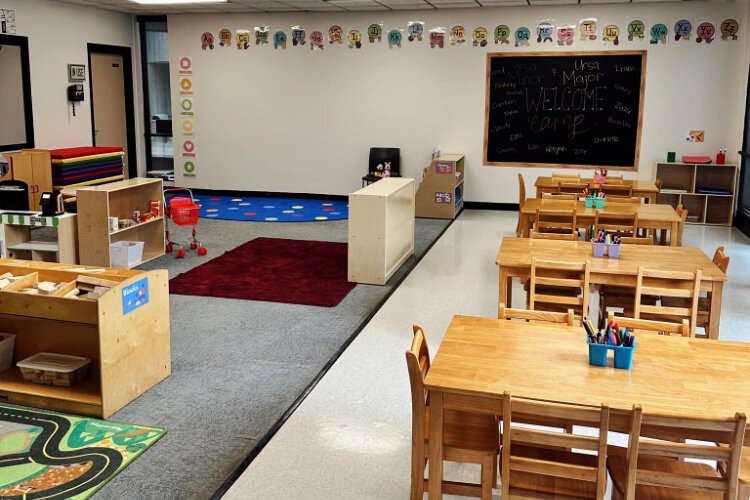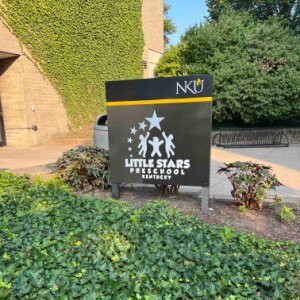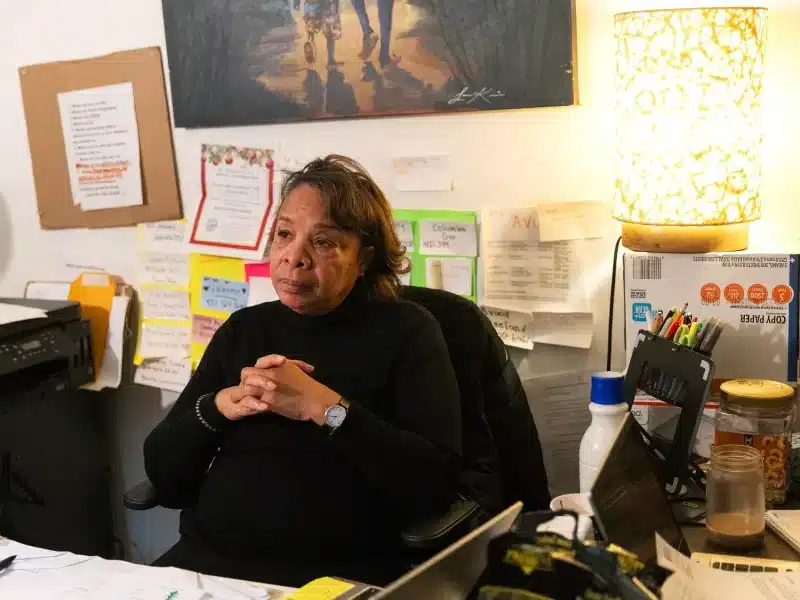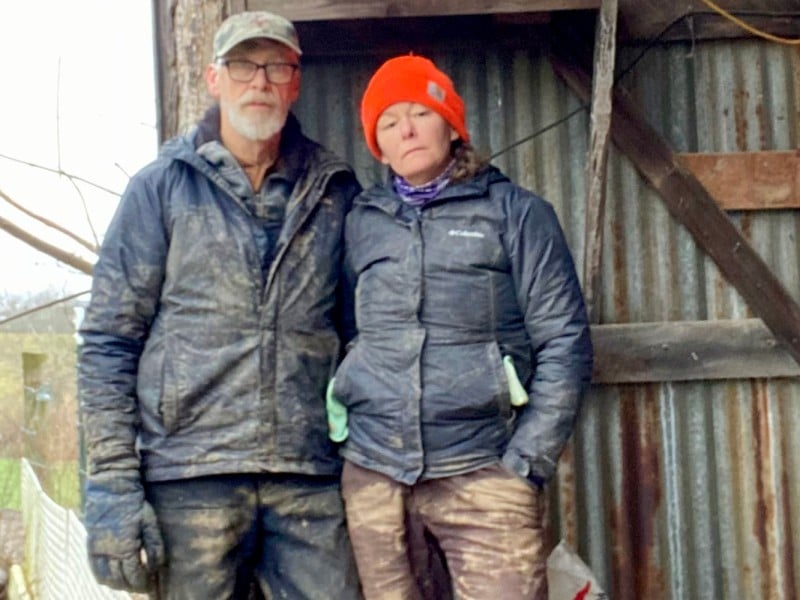On-campus early learning centers grow young minds and spark scholarship
A snapshot of the synergistic role early learning centers play in the academic fabric of a few of the region's universities.

At a time when the availability of quality, affordable child care has reached a crisis point across the country, a campus-based center built on a braided funding model offers a sustainable path forward and equitable pay for staff. A mix of parent-paid tuition, government aid, grants, endowments and monies from associated departments takes the burden off of any one entity to foot the entire bill. Instead, families and children benefit from research-backed, child-centered early learning—and university students and faculty have a real-life training ground and research lab to prepare the next generation of educators.
A template for off-campus early learning:
These Greater Cincinnati universities highlight the synergistic role early learning centers play in the academic fabric. Perhaps these bold (yet old) integrated models can flourish off campus as well.
Little Stars at Northern Kentucky University
While NKU has offered an on-campus early childhood learning program for decades, the university outsourced the program to Empower Learn Create (ELC) in 2018, which still operates one location near the University of Cincinnati campus. Prior to their contract expiring with NKU, ELC unexpectedly closed the center in May of this year. With support from the leadership at NKU, a new vendor was identified and re-opened the center as Little Stars Preschool in mid-August.

“NKU’s strong network of families and support was a major draw for us from the outset. After touring the campus and exploring the project, we were instantly captivated by the space and its potential,” says Kayla Estell, program director. “We’re thrilled to collaborate with various university departments to create opportunities and provide access to resources that our families and students might not have otherwise. Our goal is to build a vibrant, supportive community while ensuring everyone benefits from the resources and connections we can provide,” she explains.
Little Stars offers child-centered learning through play for children ages 1 through pre-kindergarten (up to 6 years old), based on the constructivist school of thought. To support their vision, Little Stars and NKU worked together to update the current space within the Mathematics, Education & Psychology Center, with renovations to the outdoor play space currently underway. Additionally, they’ve added a new indoor area for gross-motor play in the case of inclement weather.
The Arlitt Center at University of Cincinnati
Established in 1925, this thoughtfully designed preschool is one of the oldest laboratory preschools in the country. As part of the UC School of Education, it acts as a practicum site for students across many programs, as well as a research site for faculty and students.
While it doesn’t adhere to any single approach, the Arlitt Center is overall child-centered, creating an atmosphere of experiential learning where children can discover, inquire and learn through interactive play, driven by their independent interests.
Kids at the Arlitt Center flow between several different carefully curated spaces, including a light-filled classroom, a “muscle room” for indoor gross-motor activities, a children’s studio for independent making and art, as well as a natural playscape where kids can organically experience the profound benefits of nature.
Xavier Montessori Lab School
The Montessori-based school serving kids aged 3 through 14 was established in 1966 as a demonstration project to reflect the philosophy and teaching methods of the Montessori Teacher Education Program at Xavier University.
Some of the hallmarks of the Montessori approach include multi-age groupings, a beautiful, carefully designed learning environment with interactive materials, and a focus on observation and research.
Similar to Arlitt, the school is embedded in the teaching education program, so that it both offers a functional service and provides an active training and research ground for the academic community.














